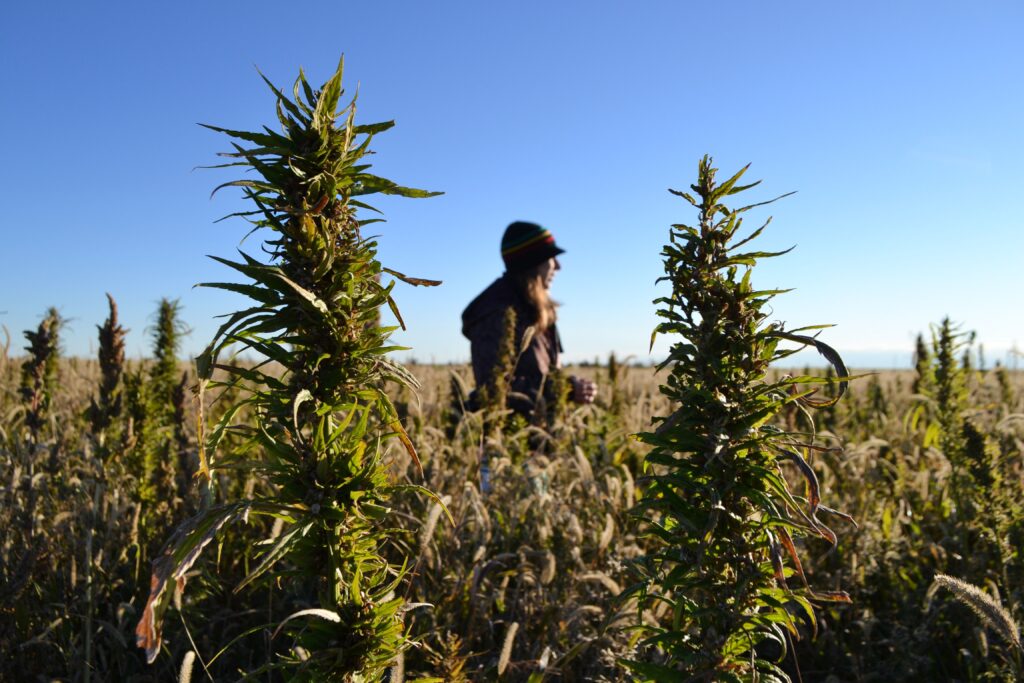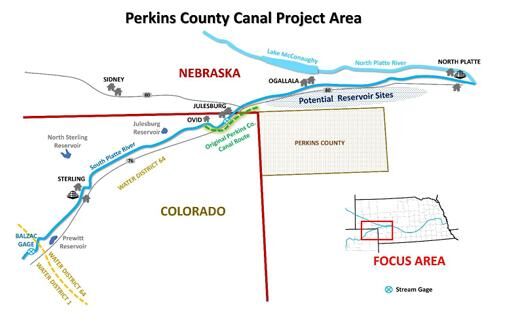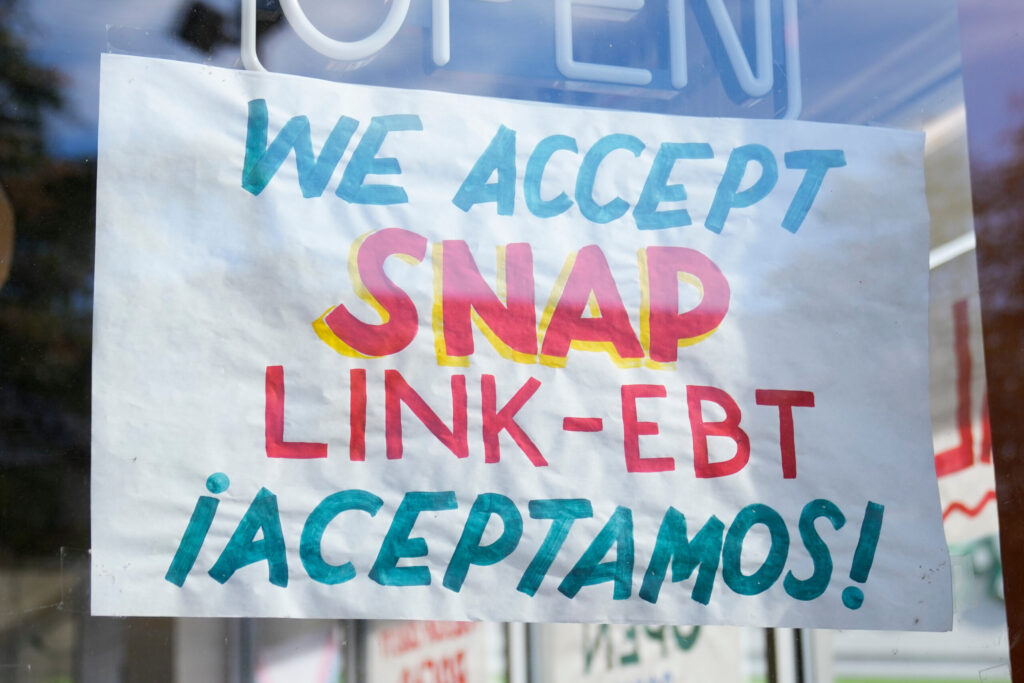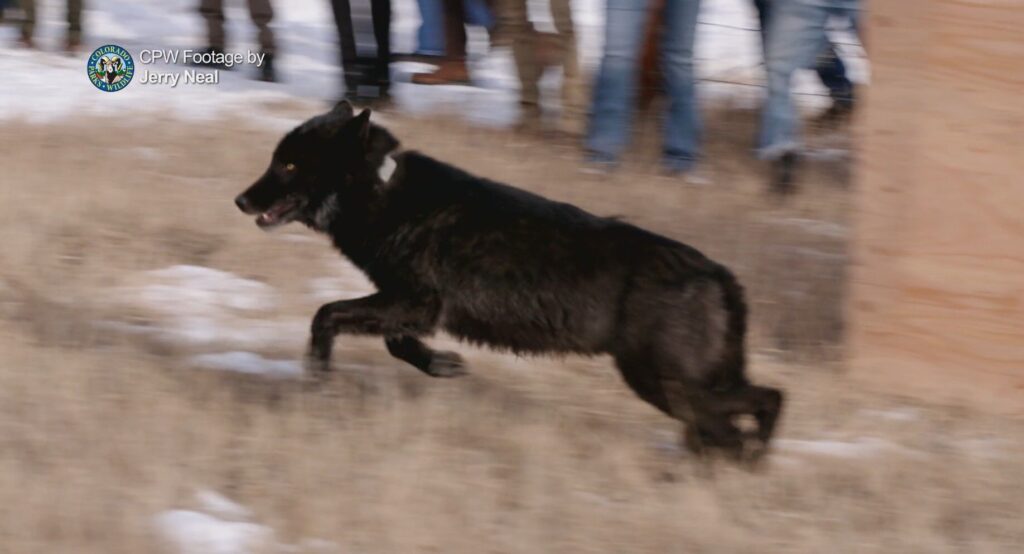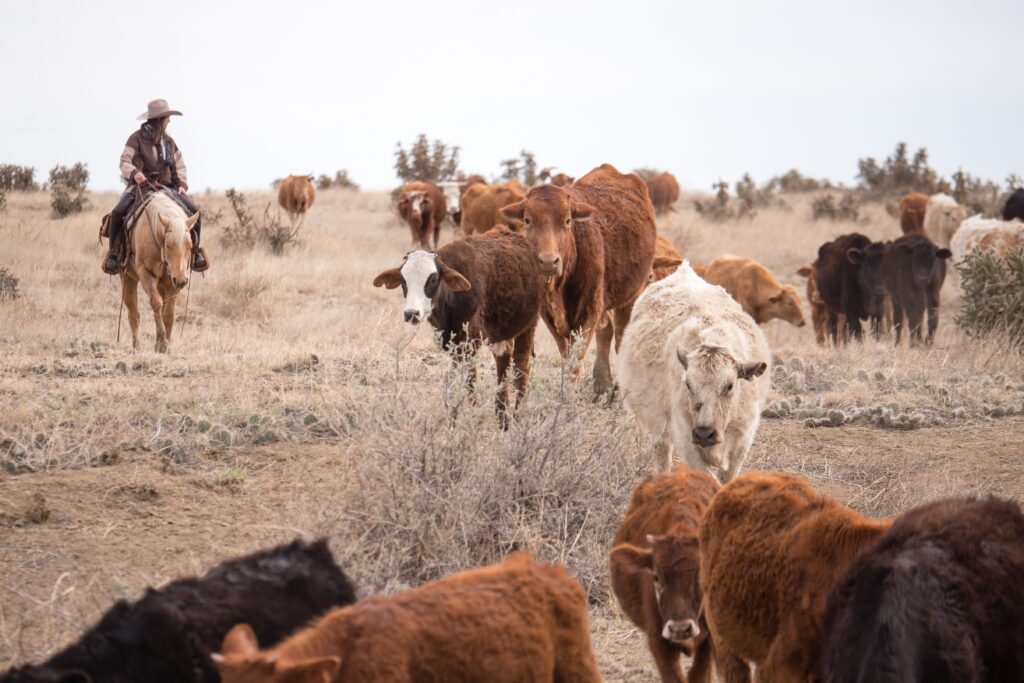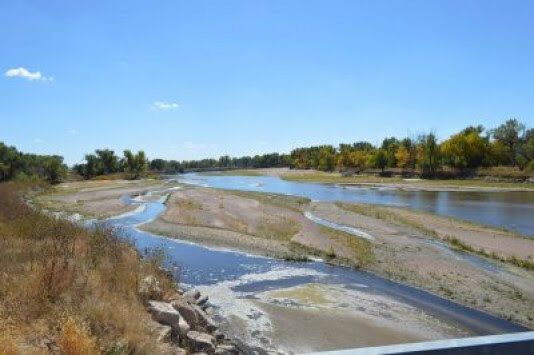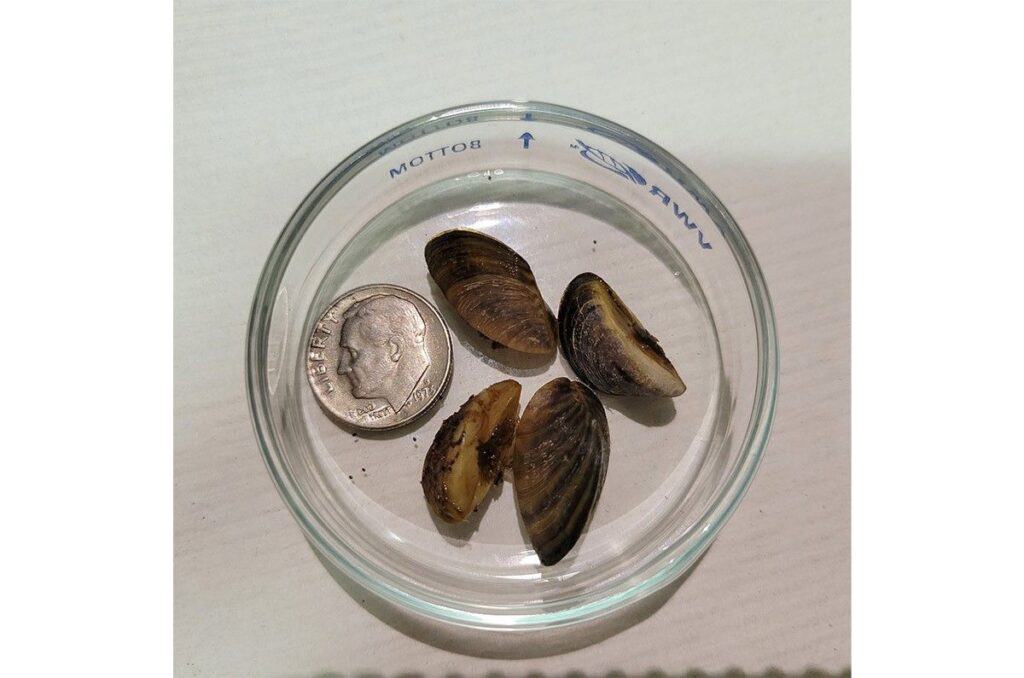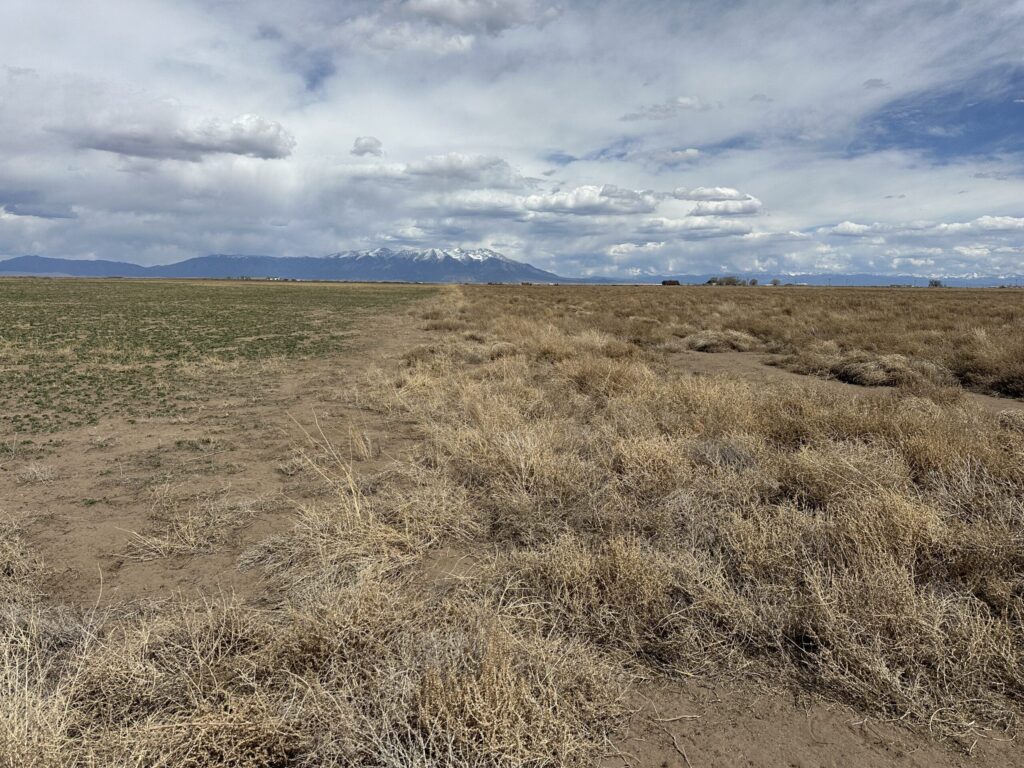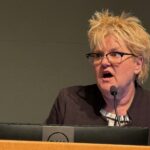Fort Collins as one of USDA’s regional hubs: ‘It began to make sense’
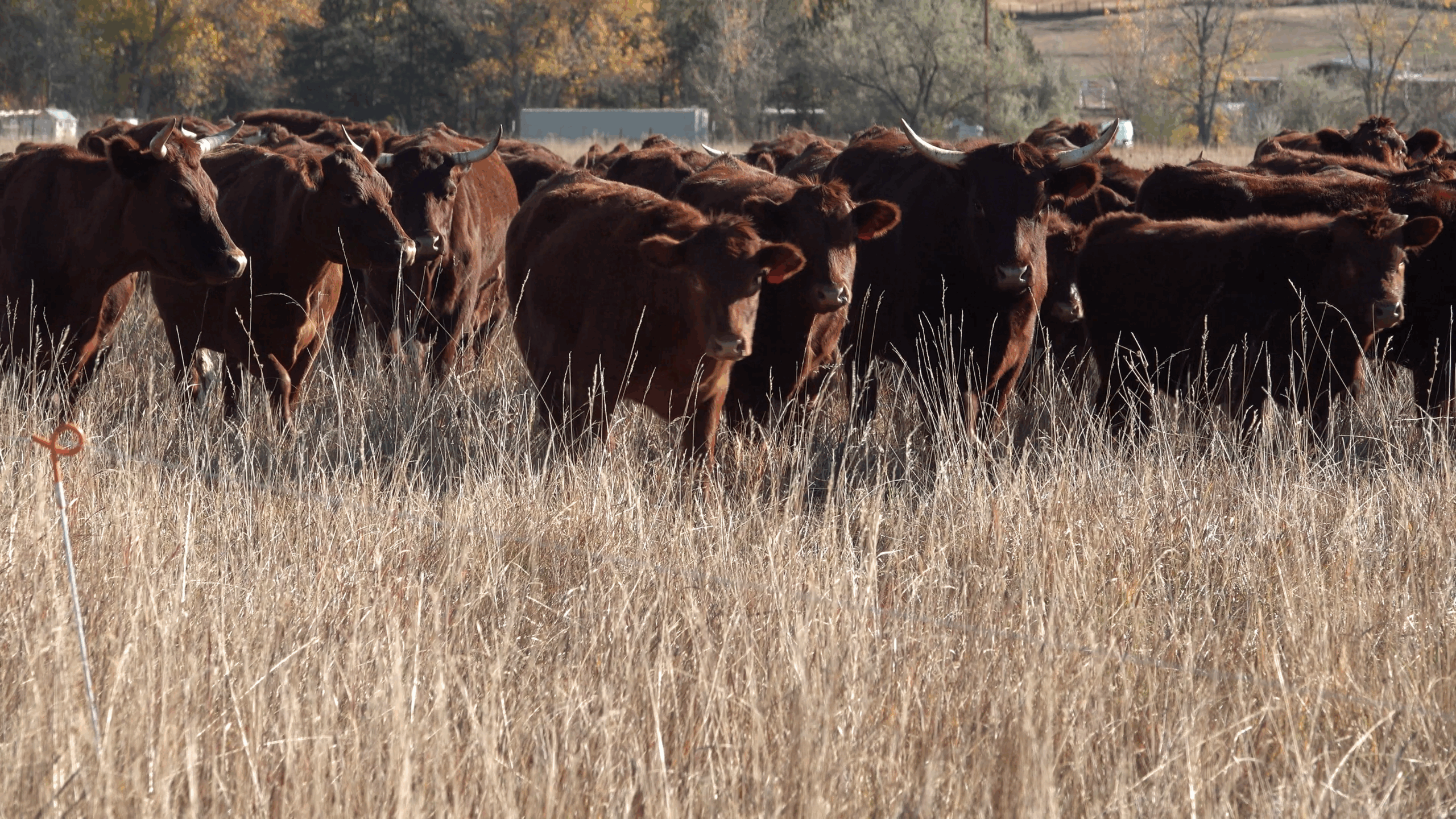
FORT COLLINS – SeonAh Kendall was initially caught off guard when she got word that the U.S. Department of Agriculture had named Fort Collins as one of its regional hubs.
That Fort Collins was being lumped in with larger metropolitan cities — Kansas City, Indianapolis, Salt Lake City and Raleigh, N.C. — as a selection site seemed odd to Kendall, who is the city of Fort Collins economic health director.
She then thought about it for a minute, and after a brief reflection, the Fort Collins official started to see the logic behind the USDA’s announcement.
“It began to make sense when you think about Fort Collins and Colorado State University being a land-grant university,” Kendall said. “I think it’s a huge opportunity for us, but I also think it solidifies what we already have in Fort Collins.”
The USDA has had a longstanding presence in Fort Collins and with Colorado State University, dating back over 100 years.
Some key USDA offices in Fort Collins include the Arapaho and Roosevelt National Forests and Pawnee National Grassland Supervisor’s Office, the National Wildlife Research Center, and the Center for Agricultural Resources Research (CARR).
At CSU, one of the world’s largest gene banks is housed on campus and owned by the USDA.
The National Laboratory for Genetic Resources Preservation features over 600,000 different accessions of various plant materials. It also includes over 1.1 million samples representing over 150 breeds of livestock.
The collection is so important that the building was designed to withstand just about any natural disaster. Some locals compare it to a modern-day Noah’s Ark.
“We have a very long history of partnership with the USDA,” said Cassandra Moseley, CSU’s vice president for research. “There are a lot of USDA facilities already on the CSU campus. We think this really is an opportunity to deepen our relationship with the USDA and many of their agencies.”
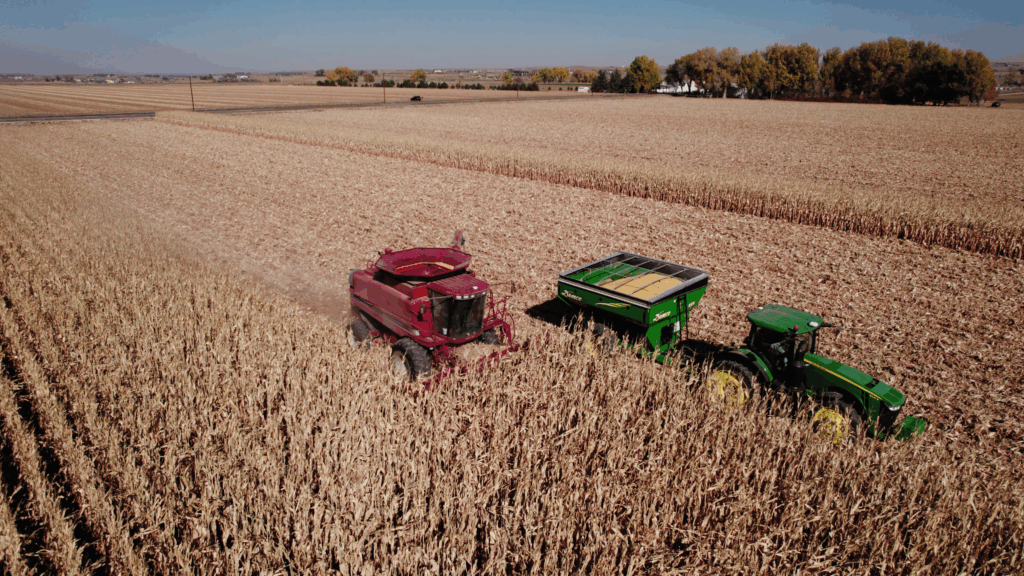
Colorado is home to over 36,000 farming operations, and a Common Sense Institute report notes that almost half of Colorado’s 66.3 million acres of land is designated as farmland in the 2022 Census of Agriculture. Courtesy Colorado State University
Details of the move
The creation of regional hubs in Fort Collins, Indianapolis, Kansas City, Salt Lake City and Raleigh is a reorganization of the USDA.
It will involve relocating up to 2,600 employees from Washington, D.C., to one or more of the five regional hub cities.
In a memorandum, Agriculture Secretary Brooke Rollins noted multiple reasons for the reorganization, one of which included the need to bring the USDA closer to its customers.
The reorganization, however, was put on hold while the federal government was shut down for a record 43 days from Oct. 1 through Nov. 12, resulting in staff furloughs and work stoppages.
The day after the shutdown was lifted, the USDA press office replied to an inquiry from The Denver Gazette about the timeline for the transition and site selection of Fort Collins with the following statement.
“Some aspects of the reorganization will take place over the coming months, while others will take more time. We will continue to provide updates as the reorganization moves forward.
“While we can’t confirm an exact number, up to 2,600 employees may relocate to one of five new hubs, including Fort Collins. Fort Collins was selected based on its existing USDA and Forest Service presence, proximity to agricultural communities, and affordability relative to the Washington metro area — one of the most expensive in the country.”
Before the government shutdown began, Kendall and other city and CSU officials participated in a meeting orchestrated by U.S. Sens. Michael Bennet and John Hickenlooper.
“We talked with them about the transition and about how we could help with it,” Kendall said. “They were very interested in the private industry in northern Colorado and Colorado as a whole, and how there might be opportunities for collaboration of the USDA with private companies and opportunities for growth in Colorado and Fort Collins.”
Economic impact
Although the USDA reorganization is more about relocating current personnel and operations employees from Washington, D.C., than creating new USDA jobs, the move to Fort Collins should have significant fiscal benefits for the area and CSU.
The nonpartisan Common Sense Institute noted the organization’s transition to Fort Collins would “stimulate job creation, bolster local businesses, and enhance collaboration with Colorado State University,” which ranks 23rd in the nation for agricultural sciences.
The CSI study, authored by Caitlin McKennie and Cooper Pollard, revealed the following key findings regarding the potential economic impact to the area based on relocating the following number of federal employees to Fort Collins.
- 500 employees = $270 million increase in business economic output.
- 1,000 employees = $537 million increase.
- 1,500 employees = $805 million increase.
- 2,000 employees = 1.1 billion increase.
- 2,600 employees = $1.4 billion increase.
Bennet issued the following statement in support of the USDA announcement: “Colorado is the best state in the country to work, raise a family, and recreate. If done right, Colorado farmers and ranchers will benefit from having more talented USDA employees living and working in Larimer County.”
The CSI study also indicated that “as part of this strategic decentralization effort, the USDA also plans to consolidate its nine regional U.S. Forest Service offices, primarily transitioning their operations into a single centralized location in Fort Collins.”
Still, some contend that the USDA’s reorganization to hub cities is nothing more than smoke and mirrors, masking the elimination of jobs within the federal executive agency.
“The idea that there would be hundreds of federal agency employees, researchers and support staff coming to Fort Collins is fantastic,” said Co-Labs Executive Director Dan Powers. “Unfortunately, it’s happening with the context of other types of destruction and defunding, and uncertainty across many federal agencies.”
Co-Labs is a Boulder-based nonprofit scientific organization that connects Colorado’s federal research laboratories with universities, businesses and government.
With some of its funding now in question due to federal budget cuts and restrictions, Co-Labs recently launched a campaign awareness initiative to raise $250,000 in donations.
An agricultural leader
While some of the details about USDA reorganization may be in limbo, what’s not up for debate is Colorado’s stature in agriculture.
The state is home to over 36,000 farming operations, and the CSI noted that almost half (30.2 million acres) of Colorado’s 66.3 million acres of land is designated as farmland in the 2022 Census of Agriculture.
The industry supports nearly 200,000 jobs that account for approximately $47 billion in economic output to further validate the state as a national leader in agricultural production.
The USDA’s move to Fort Collins will only reinforce the area as an agriculture and USDA hotbed for activity.
“We’re just super-excited that we were named one of the regional hubs,” Kendall said. “I think it just strengthens the relationships we have already in place with the USDA as well as our ecosystem as a whole.”


